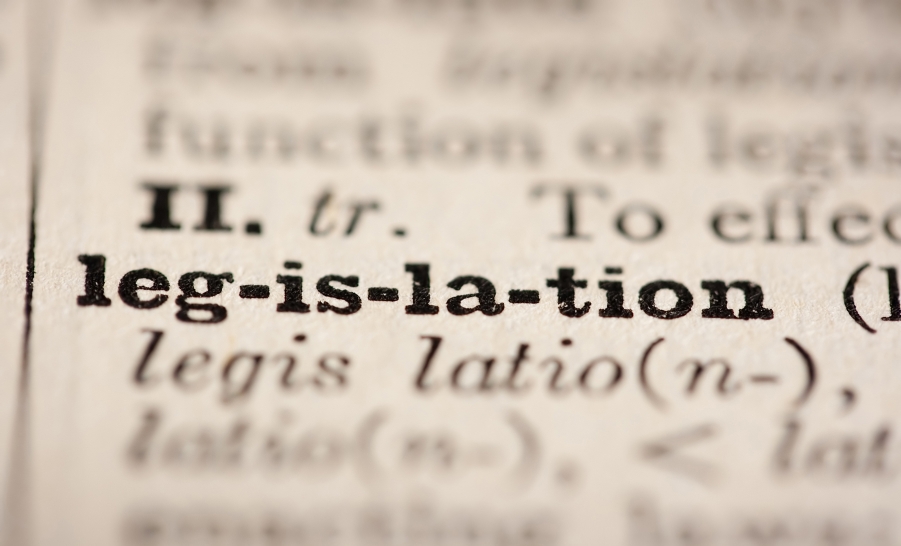How UWM Peer Georgia State Figured Out How to Graduate More Black Students
UWM is replicating efforts by Georgia State to improve retention and graduation rates for at-risk students.
FirstGen Forward / June 01, 2021

Higher education policy at the federal level receives much attention due to its potential for far-reaching impact. Yet, policy decisions at the state level are equally, or in some cases, more, important to first-generation students. For first-generation students, particularly those attending public institutions, policies can have indirect effects (consider those that incorporate performance metrics into institutional funding formulas). Policies can also more directly impact first-generation students’ ability to attend college (consider those that establish or modify criteria used for various state-funded scholarship programs).
Two recently passed laws, one in Colorado and the other in Illinois, have the potential to benefit first-generation students. Both relate to college admissions practices at state-funded institutions and were designed to increase access and enrollment.
The Colorado General Assembly recently passed HB21-1173, which prohibits a governing board of a state-supported higher institution from considering legacy and family relationships to the institution’s alumni when making decisions in the admissions process. The bill specifically states that:
(e) Providing preferential treatment to students with familial relationships to alumni of the institution is discriminatory in nature and hurts students who are undocumented, first-generation, immigrants, or underrepresented minorities and who do not have the same relationships to Colorado higher education institutions.
To have first-generation students specifically named in the law, rather than implied in other categorizations, is important. The legislature recognized that admissions questions asking for names of family members and their connections to the institution contributed to disparities in college enrollment numbers in the state. While there may be other factors contributing to the lower numbers of first-generation, lower income, underrepresented minorities, and other underserved populations enrolled in higher education, the legislature determined legacy admissions were enough of a factor to pass this law.
The Illinois House Bill 226 creates the Higher Education Fair Admissions Act, which prohibits Illinois public universities from solely relying on ACT or SAT scores to make admissions decisions. Research by the National Association for College Admission Counseling (NACAC) found that eliminating testing requirements can raise the number of low-income, underrepresented racial and ethnic minority, and first-generation students at institutions without affecting graduation rates.
The University of Chicago increased enrollment numbers for first-generation, lower income, and rural students after dropping their standardized test requirements, and it appears this result may have influenced the introduction of the new legislation. Several public universities in Illinois previously implemented test-optional admissions policies, and through this law, the state hopes to see enrollment growth at its 12 four-year public universities.
These examples show adoption of laws with provisions designed to benefit first-generation students. Do you know what’s happening in your state legislative session with the potential to #AdvocateFirstgen? If not, consider reviewing the National Conference of State Legislatures’ list of Education Bill Tracking and Databases. Once you do, be sure to share a link to proposed or recently passed legislation in your state with us on social media. Remember to tag @FirstgenCenter and use the hashtag #AdvocateFirstgen.
What strategies have helped you to successfully champion first-generation students? Share your perspective on first-generation student advocacy and pertinent policy issues across social media with #AdvocateFirstgen.